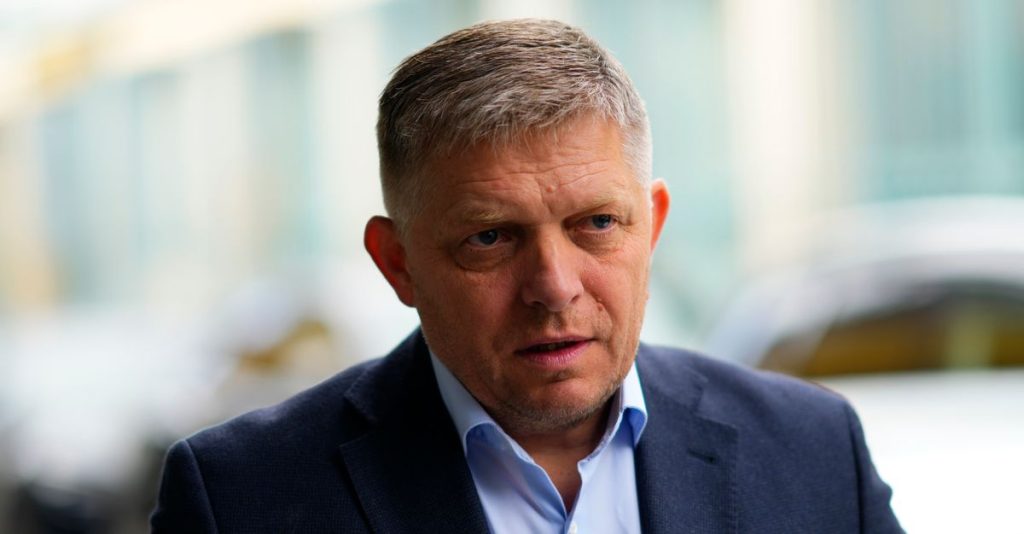Slovak Prime Minister Robert Fico was in serious but stable condition after surviving an assassination attempt, with the suspect being ordered to remain behind bars due to fears of escape or further criminal activity. The suspect, described as a 71-year-old retiree and amateur poet, was not identified publicly, but reports suggested he may have worked as a mall security guard. The attack was deemed politically motivated, although the suspect was not associated with any specific political groups.
Fico underwent two hours of surgery to remove dead tissue from multiple gunshot wounds and was expected to recover, but was not well enough to be transferred to a hospital in Bratislava. The government expressed gratitude for the medical staff at University F. D. Roosevelt Hospital in Banska Bystrica for their efforts in treating Fico. The suspect made his first court appearance, with prosecutors seeking to detain him.
Little information has been released about the suspect, but reports indicated that he did not own the firearm used in the attack legally. Slovakia has strict gun laws, and gun owners must have a valid reason for possession, passing necessary tests. Despite this, the country has a comparatively low rate of gun ownership in Europe. The attack on Fico, a controversial political figure, has garnered condemnation from world leaders and expressions of support for Slovakia.
Fico’s return to power on a pro-Russia, anti-American platform raised concerns among EU and NATO members about Slovakia’s foreign policy direction, particularly regarding its relations with Ukraine. Following Russia’s invasion of Ukraine, Fico halted arms deliveries to the country, which had previously been one of Slovakia’s staunchest supporters. His government’s efforts to centralize control over public broadcasting and amend the penal code have sparked protests and fears of authoritarianism.
Prior to his reelection, many of Fico’s associates faced legal challenges, leading to suspicions of corruption. His proposed changes to the penal system, including the elimination of the special prosecutor’s office, have raised further concerns about the erosion of oversight and accountability in Slovakia. Fico himself had expressed concerns about rising tensions and the potential for violence in the country, with tensions exacerbated by media coverage.
Despite the challenges and controversies surrounding his leadership, Fico remains a prominent figure in Slovak politics, with significant opposition to his policies and growing calls for accountability and transparency. The assassination attempt on him has highlighted the fragility of the political situation in Slovakia and raised questions about the broader implications for democracy and governance in the country. World leaders have emphasized the importance of upholding democratic norms and the rule of law in the wake of the attack.


